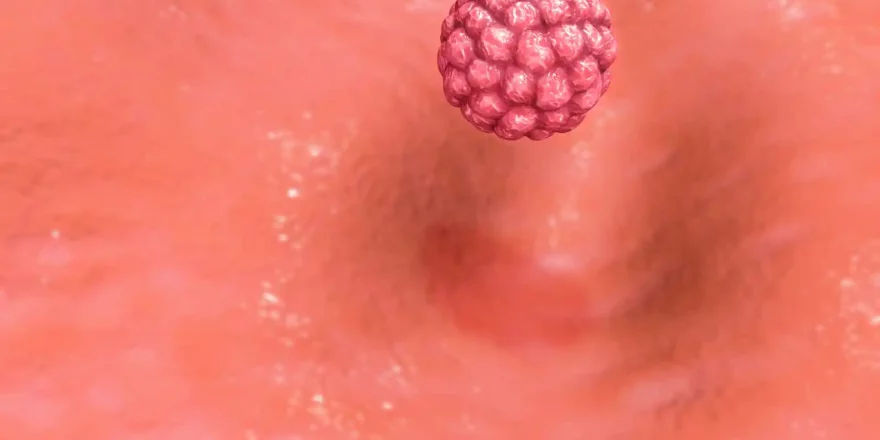Polycystic ovary syndrome (PCOS) is a widespread and complex condition that’s the leading cause of low female fertility. PCOS is the most common single cause of female infertility, and its treatment is very important. The complexity of the condition and its connections with Endometriosis have inspired us to explain both conditions in great det...
Endometriosis Treatments
Endometriosis is one of the leading causes of reduced female fertility and can cause extreme pain and discomfort. There are multiple treatment options, but many of the medical treatments prevent pregnancy. However, natural treatment options are proving to be highly effective and raise fertility levels. The “Endometriosis package“ a...
Miscarriage Treatments
Miscarriage happens more often than most people realise, and there are five different types of miscarriage, which need to be managed differently. Some of the situations can be life-threatening, and “threatened miscarriage” is the only situation that can be saved. It’s also crucial that the chances of recurrence are reduced as much as possible ...
Treatment Of Unexplained Infertility
The treatment of unexplained infertility involves ruling out as many potential causes as possible to identify, testing the most likely suspects and focusing on improving health to raise fertility. Couples with unexplained infertility will have been trying to conceive for at least a year before further tests or treatments are usually considered...
Older Women
Older women who want to conceive all share the core issues of ovarian reserve and egg quality, in addition to any other fertility problem they may have. While it’s impossible to increase ovarian reserve, it is possible to improve egg quality. Pregnancy rates, the health of children and the risk of miscarriage all revolve around the issue of eg...
Threatened Miscarriage Treatment
In all cases of threatened miscarriage, it’s crucial medical assistance is sought as soon as possible. This information is NOT an alternative to medical treatment but may help once a medical assessment has been made. Please refer to miscarriage for complete information on the types of miscarriage. Miscarriage happens for various reasons, and c...
Immune Treatments
Immune treatments revolve around herbal combinations or drugs that adjust either the suppressive or aggressive side of the immune system to improve fertility and health. For a successful pregnancy, both sides of the immune system must recognise and react to the arrival of “foreign” cells in the womb. Significant issues are inevitab...
Implantation Failure Treatments
Implantation failure treatments (or how to increase the chances of implantation success) vary according to why implantation is an issue. We have listed 14 reasons for implantation failure and the treatments that match these. We also explore the connection between the six morefertile Fertility Profiles and the likelihood of difficulties with im...
Advice after miscarriage
The advice after miscarriage is usually “don’t panic”, and most miscarriages are due to one-off chromosomal abnormalities that have little bearing on future pregnancies. This is why miscarriages aren’t routinely investigated unless they are consecutive, irrespective of maternal age or fertility problems. However, an alternative approach has be...
Anovulation Treatments
Anovulation (a lack of ovulating) can be caused by a wide range of issues and is affected by lifestyle, diet, medication and exercise. It’s by far the most common condition that affects women who go to fertility clinics, and about 70% of the time, it’s PCOS, but there are five other causes of the condition. Luteinised unruptured f...










